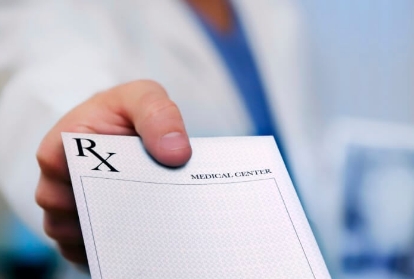Erectile dysfunction (ED) is the inability to get or keep an erection firm enough for sexual intercourse.
ED can be caused by physical problems, psychological factors, or a combination of both. Physical causes include heart disease, diabetes, injuries to the nerves or blood vessels, and low testosterone levels. Psychological factors include anxiety, depression, and stress. In some cases, ED can be a side effect of certain medications.
The most common method is to ask the patient about their symptoms and medical history. This will give the doctor a general idea of the patient’s condition.
Next, the doctor will likely perform a physical examination. This will help to rule out any underlying medical conditions that could be causing the ED.
Finally, the doctor may order some tests, such as blood tests, urine tests, or an ultrasound. These tests can help to confirm the diagnosis and rule out other potential causes of the ED.
Once the cause of the ED has been determined, the doctor can develop a treatment plan that is tailored to the individual patient.
Although ED is not a normal part of aging, there are many contributing causes such as lifestyle, medications, and health problems.
Men are not able to get or keep an erection most times when they want to have sex.
Erectile Dysfunction can be caused by many things including:
Decreased blood flow to the penis.
Nerve damage.
Mental Stress.
Worry/Anxiety.
Low mood.
Certain medications.
Over time, it may cause strain on a relationship. It is important to be upfront with your partner and talk to a doctor about potential causes and treatment.
Although occasional erectile difficulties are not unusual, ED that occurs on a regular basis may indicate a more serious underlying medical condition.
If you are experiencing any of the following symptoms on a regular basis, it is important to consult with your doctor:
Difficulty achieving or maintaining an erection
Reduced sexual desire
Trouble ejaculating
Pain during sex
These symptoms can have a significant impact on your quality of life and may be indicative of an underlying medical condition. If you are experiencing any of these symptoms, please consult with your doctor.
While there are medication options available, there are also some lifestyle changes that can help to improve ED. One important change is to lose weight if you are overweight. Excess weight can contribute to ED by affecting blood flow and hormone levels. Another lifestyle change is to exercise regularly. Exercise not only helps to improve blood flow, but it can also reduce stress and anxiety, both of which can be contributing factors to ED. Quitting smoking is also important, as smoking can damage the blood vessels and affect blood flow. Making these lifestyle changes can be helpful in improving ED.
If you are overweight.
If you drink alcohol and/or smoke.
If you are not physically active.
If you have an illness such as diabetes, kidney problems, high blood pressure, heart problems, endocrine problems, or high cholesterol.
If you take certain kinds of medications.
If you ride a bicycle a lot.
If you have had trauma or surgery in the pelvis.
If you have scar tissue or a bend in your penis.
If you have anxiety, low mood, or trouble with thoughts or feelings about sex.
If you have had prostate surgery or radiation.
By age 40, men have a 40% chance of having some form of ED. The risk increases by around 10% per decade.
It is important to remember that ED can be caused by many things, so even younger men may experience trouble with ED.
The most common medications used to treat erectile dysfunction are phosphodiesterase type 5 inhibitors, such as sildenafil (Viagra) and tadalafil (Cialis). These drugs work by relaxing the blood vessels and increasing blood flow to the penis, making it easier to achieve and maintain an erection.
If oral medications are not effective, other treatments such as injectable drugs or penile implants may be recommended. With proper treatment, erectile dysfunction can be managed successfully.

If you have a question about a prescription transfer or ordering from NextRx, we’d love to hear from you.

This will close in 0 seconds